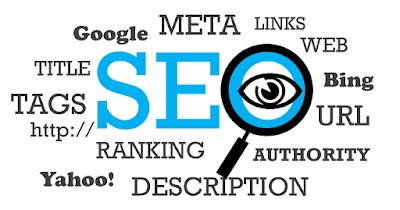A
few decades ago, no one would have imagined that eCommerce would go
on to become a front runner of the Information Revolution. This is a
testament to the fact that with time, the rules and conditions that
govern life are also altered. To survive, businesses must conform to
changing behavior, habits, and ideas. Today, shoppers are looking
past excellent online shopping experiences causing several eCommerce stores to expand into the M-commerce market. Should you?
Here
we tell you why it’s important for your eCommerce setup to have a
mobile app:
1)
It’s in line with customer preferences:
We’re
not just making a statement; it’s now official: 85% of users prefer
using apps over mobile sites. That’s reason enough to get
you started on your mobile app development strategy.
2)
Targets a vast majority
Out
of every three eCommerce customers, there’s always one mobile
user, which means that you can reach or lose one-third of potential
customers depending on how you play your cards.
3)
Superior user experience
Unlike
websites, which are dogged by performance issues, an app can be easy
and convenient to use. A great user experience can lead to a definite
increase in sales conversions.
4)
Push notifications
Emails
are great, but push notifications far exceed the capabilities of
emails when it comes to staying connected with customers. Push
notifications can encourage users to open your app and will prompt
them to make a purchase sooner or later.
5)
Brand presence
Once
a user downloads your app, its constant presence on their device will
remind them of your brand. When the need arises, your brand is the
first one they’ll think about.
6)
Personalize the experience
Mobile
apps will enable you to collect information about user preferences
based on their search history, cache, etc. If you know your audience
well and cater to them with personalized services and products, it
translates into greater returns.
7)
Excellent marketing tool
Mobile
apps are a direct channel of communication between your eCommerce business and the customers. Right from sending personalized deals to
discount announcements, it acts as an unbeatable marketing tool.
8)
Use of smartphone’s functionality
High-end
cameras, GPS, fingerprint sensors, retina scanners – there are so
many features that Smart phones come loaded with these days. A mobile
app can tap into the device’s hardware and makes location-based
tagging, cashless payments, image searches and more possible.
Your eCommerce store can never go wrong with a mobile app. Build one now and rake in huge returns! If you don’t know how, consult top app developers, who can help you set up a successful M-commerce app.



